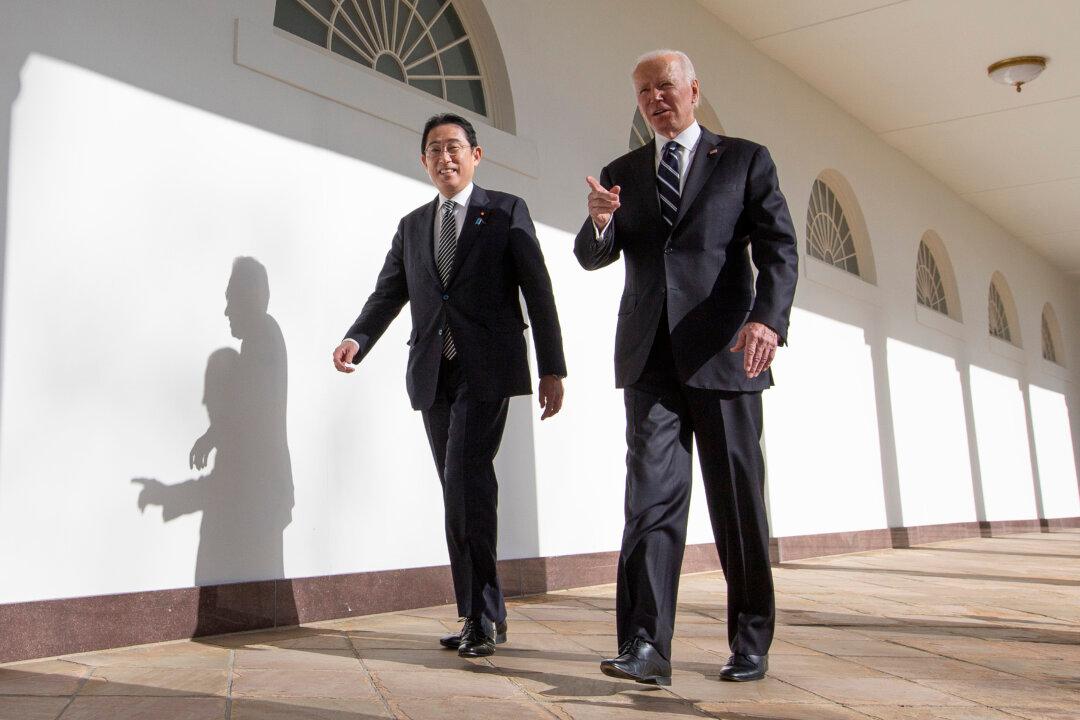Commentary
President Joe Biden called Japan “xenophobic” on May 1. He did so to draw attention to a reason that he apparently believes explains not only Japan’s economic doldrums but also those of Russia, China, and India. President Biden meant well. He wants to strengthen democracies like Japan and India and help them avoid the authoritarian dangers of Russia and China.





